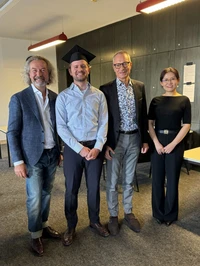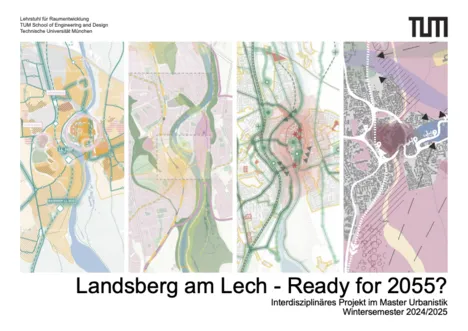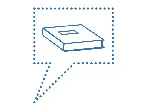In the context of the BeneVit project a journal article titled "Introducing a Novel Framework for the Analysis and Assessment of Transport Projects in City Regions" has been published in the journal "Sustainability".
A profound appraisal framework has been developed and refined in transport economics and planning literature for decades, mainly characterised by welfare economic theory, cost–benefit analysis, and transport demand modelling. In summary, the appraisal methodology and its applications have concentrated on single infrastructure measures, marginal impacts identified through ceteris paribus comparisons, forecasts based on trends from the past, and monetary assessments of all quantifiable impacts. However, this framework has been continuously contested in transport planning literature, for instance, for its focus on travel demand and short-term travel time savings. Therefore, we suggest a novel approach for planning and assessing transport schemes in city regions, combining accessibility analyses, quantitative target indicators, and cost-effectiveness analysis. We develop and test this approach by assessing a proposed underground rail project in the Munich city region, the U5 southeast extension. In this case, we define an accessibility target level and estimate the potential for push measures along with the U5 project. We find modest impacts on quantitative targets in the Munich city region: Even when the U5 southeast extension is bundled with push measures in selected transport cells, the contribution to passenger transport-related carbon dioxide emission targets and primary energy consumption targets is low. Nevertheless, we demonstrate that the proposed assessment framework can support strategic transport planning in city regions. We argue for a change in perspective towards supply-side-oriented urban transport planning. Our proposed methodology is a first step in a different direction towards a sustainable mobility planning paradigm.
The article can be downloaded for free as open access .


